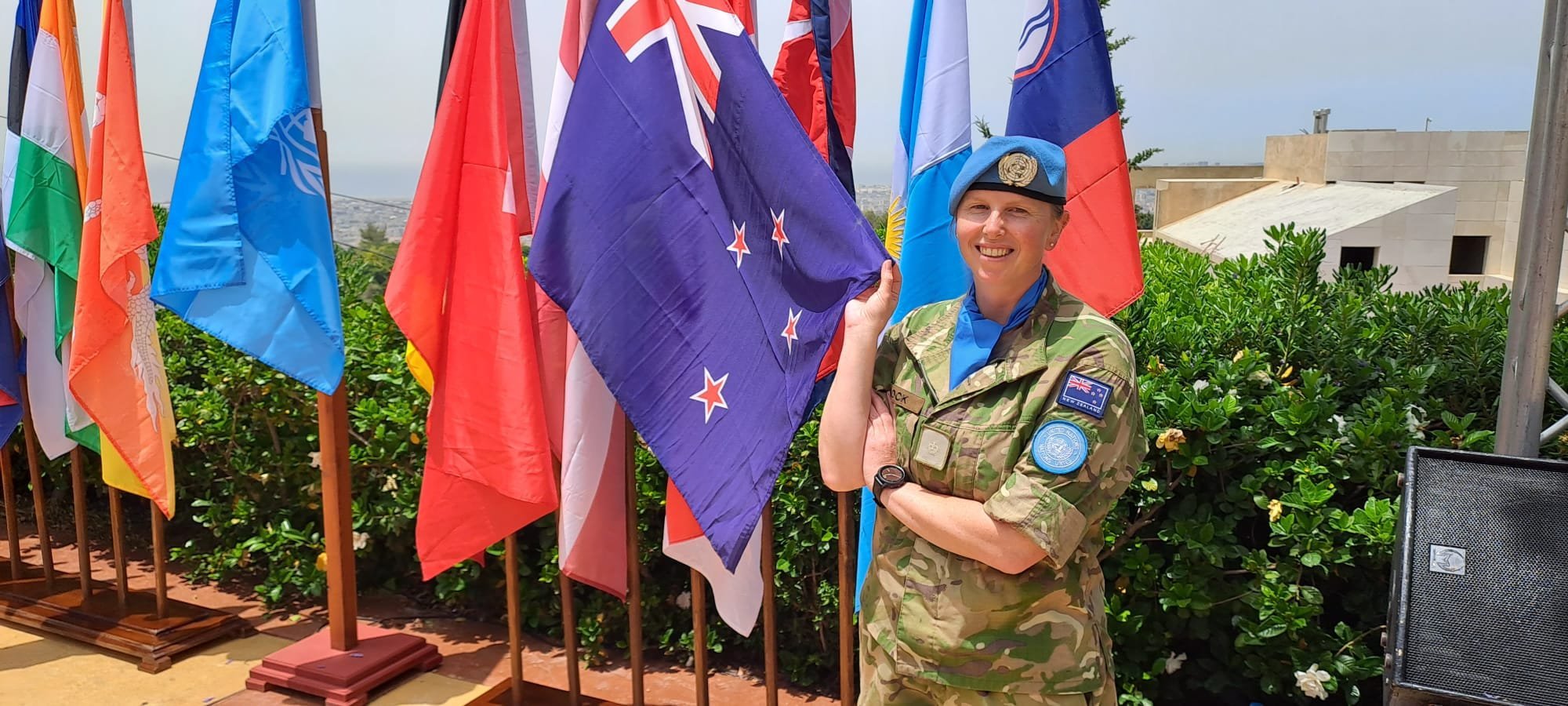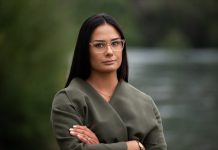Everyone is friendly — including the cats — in what many see as one of the most dangerous places in the world.
Working alongside personnel from around the world as part of the United Nations’ longestrunning peacekeeping mission has been a rewarding challenge for a former Alexandra women.
The United Nations Truce Supervision Organisation (UNTSO) is now in its 75th year.
It operates in Lebanon, Syria, Egypt, Jordan and Israel to help preserve peace between the Middle Eastern neighbours.
Dunedin-born Major Catherine Dymock is among the latest in a long line of military observers sent to UNTSO by New Zealand since the early 1950s.
The New Zealand Defence Force (NZDF) deploys personnel to patrol and monitor ceasefires and military activity in Israel’s Golan Heights, Lebanon and Syria.
Summer temperatures make for sweltering conditions as observers carry out patrols, or monitor activity from posts along the Area of Separation between Israel and Syria.
Their job is to ensure limitations on equipment and military personnel are adhered to, and report on any violations ofthe 1974 Disengagement Agreement.
The challenges and rewards of a multinational environment was a sentiment echoed by Maj Dymock, who has just completed her deployment as senior national officer leading the NZDF contingent.
The former Dunstan High School pupil said she found immense enjoyment working with people from other backgrounds, while based in Lebanon.
‘‘Everyone has their own culture, language, history and work ethic and it was wonderfully challenging balancing all those aspects,’’ she said.
‘‘This was also the most rewarding as well, as we came together for the good ofthe mission and the mandate, and the diversity of our team was also its strength.’’
For Maj Dymock, it was an honour to represent New Zealand at 75th anniversary ceremonies held at UNTSO headquarters in Jerusalem and in Beirut, acknowledging the service of previous military observers and commemorating fallen peacekeepers.
She said while the NZDF only deployed up to eight personnel at a time, their robust training, skills and experiences saw them add a lot of value to the peacekeeping efforts.
‘‘The friendly nature of the Kiwis, and our flexibility and strong work ethic means that we can have a positive impact on the mission and the people in the region.
‘‘Being able to live in the community, go out on patrol and talk to locals, either unofficially in coffee shops or formally during key leader engagements, was very rewarding.’’
An unexpected delight was the cats which made themselves at home among the observers.
The outposts’ cats hunt down insects and snakes.





